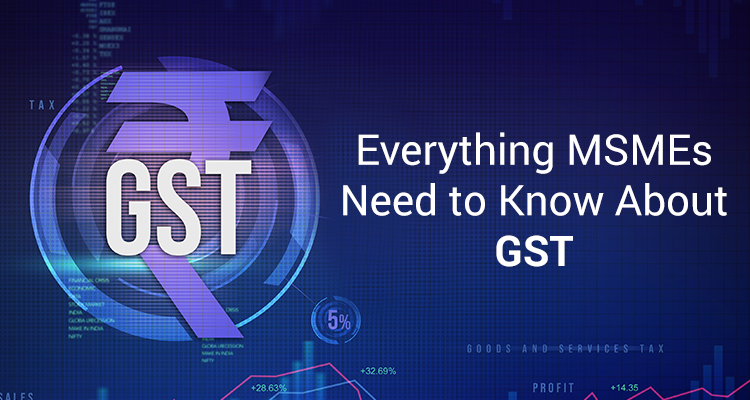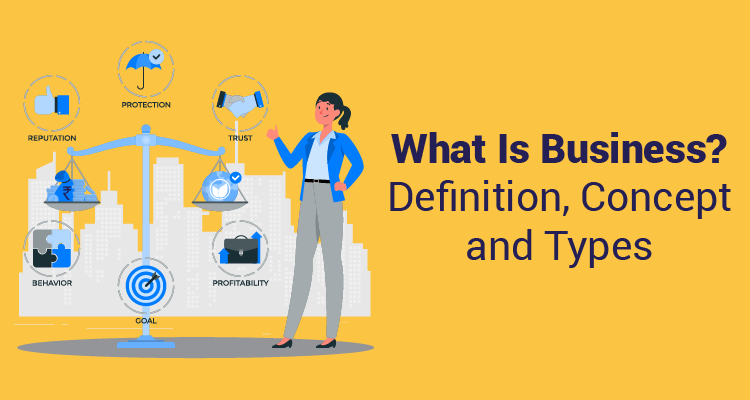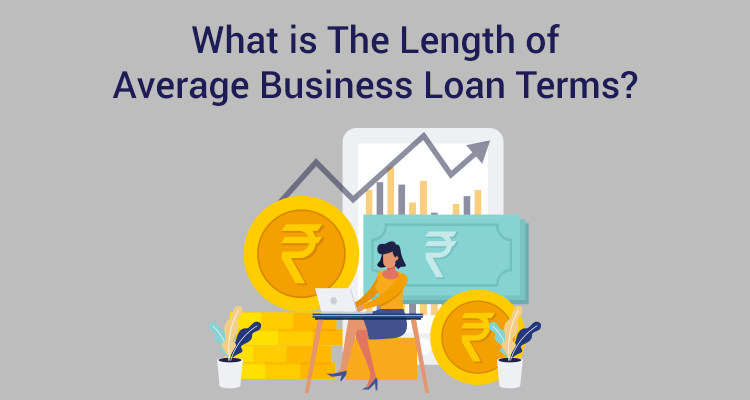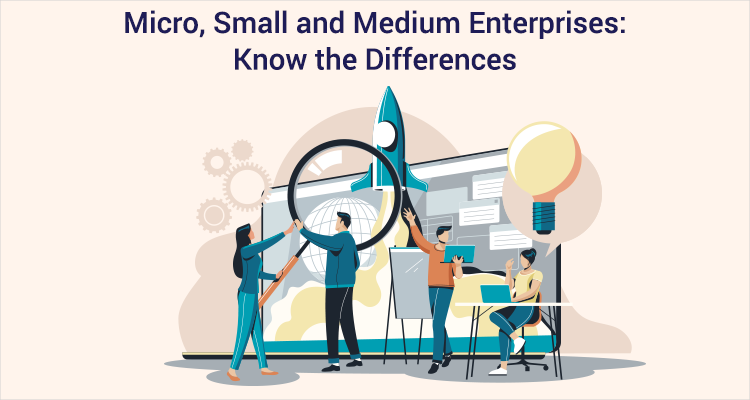Everything MSMEs Need To Know About GST
Table of Contents
The introduction of the Goods and Services Tax (GST) restructured the indirect tax system of India, and nearly every sector of the economy underwent significant changes. All consumption taxes (indirect taxes) that were previously assessed separately on goods and services combined to create a comprehensive tax. The GST council determines the rates and the goods and services that fall under them with exemptions. As per the council's decision, these things may change. The same applies to GST on MSMEs for the products and services they provide.
Here’s everything an MSME should know about GST.
What Are The Different Types Of GST?
GST categorisation ensured a more straightforward new tax system in India. Below are the four types of GST.
• Integrated Goods and Services Tax or IGST
This tax applies to imports, exports, and cross-border transactions. In this case, the central government is responsible for collecting the tax.
• Central Goods and Services Tax or CGST
It is a tax levied on intrastate exchanges of goods and services which the central government collects.
• State Goods and Services Tax or SGST
This tax is similar to the CGST. State governments collect the tax and it applies to intrastate sales and services.
• Union Territory Goods and Services Tax or UTGST
This tax applies to transactions within Indian union territories.
Sapna aapka. Business Loan Humara.
Apply NowWhat Are The Different Tax Slabs Of GST?
India has four GST slabs: 5%, 12%, 18%, and 28%. The GST Council may need to revise those slabs at times, as part of the functions of the GST Council to ensure fair and effective tax policies. The lowest tax slab is for essential items like food medicines, while the highest is for luxury items like AC, gutkha, tobacco products, etc. The table below explains GST rates and the articles covered by them.
|
GST Rates |
List of Goods and Services |
|
5% GST slab |
Food items: Tea, coffee, oil, sugar, fish fillets, baby foods, cashew nuts, spices, mithai or Indian sweets, etc. Fuel: Coal and biogas. Additionally, lifesaving drugs, clothing, footwear under INR 1000, fertilisers, newspaper printing, tailoring, transportation services provided by AC cabs, incense sticks, accessories used by the handicapped, economy class flight tickets, tour guide services, aircraft leasing, and flying ash blocks fall under these tax slabs. |
|
12% GST slab |
Dairy products: Paneer, butter, ghee, and cheese Processed food items: ketchup, fruit juices, sauces, cakes, frozen meats, etc Utensils used in cooking: Ladles, forks, spoons, tongs, etc Additionally, these tax slabs include drinking water, sewing machines, handmade matches, photographs, business class tickets, natural gas mining, handbags, dry fruits, movie tickets under 100 rupees, chit fund services provided by foremen, corrective spectacles, plastic beads, etc. |
|
18% GST slab |
Food items: Chocolate, pastries, biscuits, soups, Ice cream, pasta, mineral water, chewing gum, etc Household items: Shampoo, shaving products, detergent, hair oil, etc Electronic appliances: Lights, vacuum cleaners, fans, camera, refrigerator, washing machines, etc Capital goods: Optical fibre, aluminium foils, roller bearing, parts of pumps, ball bearing, etc Additionally, these tax slabs apply to cosmetics and make-up, weighing devices, outdoor catering, binoculars, movie tickets over 100 rupees, telecom and IT services, goggles, theatres, sports goods, some cooking utensils, stationery items and so on. |
|
28% GST slab |
Food items: Instant coffee, sugar syrup, chocolates without cocoa, custard powder, etc. In addition, aircraft, sports events, AC, tobacco products, wigs, casinos, ATM vending machines, etc., are subject to these taxes. |
Benefits Of GST For MSMEs
The implementation of GST has benefitted MSMEs in the following ways.
1. Single Tax
Businesses across the country used to pay multiple indirect taxes, including VAT, service taxes, and more, before the GST regime. The entire taxation system was previously disorganised. GST has simplified and integrated the taxation system.
2. Lightened Tax Burden
MSMEs had to contend with multiple taxes before GST, resulting in a higher tax burden. Federal and state taxes together amounted to roughly 32% of their income. Now, businesses only need to pay 18 to 22% GST.
3. Cost-effective
MSME production costs have decreased significantly. Transport of final goods is now less expensive for MSMEs since it falls under the lower GST slab. It resulted in a more cost-effective production process.
4. Expansion
Under the previous tax regime, MSMEs found it challenging to expand their businesses while paying high taxes. Due to complex tax structures, SMEs were unwilling to expand their business into other states. Multiple taxes resulted in increased production costs.
As GST eliminates multiple tax rules and payments, MSMEs can expand across state borders.
5. Easy Registration Process
The signup process was previously complicated, lengthy, and often delayed for MSMEs since they had to register under different tax systems. GST registration is simpler and quicker than the previous system. By visiting the official GST registration website, MSME owners can complete the process.
Apply For A Small Business Loan with IIFL Finance
IIFL Finance offers small business loans tailored to meet its customer’s needs. Interest rates for MSME business loans are attractive and affordable, making repayment easy.
With no collateral required, IIFL Finance offers MSME loans up to Rs 30 lakhs. You can apply online, and we will disburse the funds directly into your bank account within 48 hours of approving your application.
FAQs
Q1. Is GST good for MSMEs?
Ans. The GST benefits MSMEs in many ways, including reduced tax burdens, reduced transportation costs, ease of expansion, and simplified registration procedures.
Q2. Can MSMEs complete the GST registration process online?
Ans. Yes, MSME owners can register for GST online by visiting the official GST registration website.
Sapna aapka. Business Loan Humara.
Apply NowDisclaimer : The information in this blog is for general purposes only and may change without notice. It does not constitute legal, tax, or financial advice. Readers should seek professional guidance and make decisions at their own discretion. IIFL Finance is not liable for any reliance on this content. Read more




